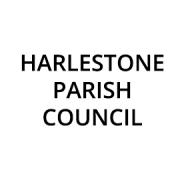source:- https://www.gov.uk/understand-how-your-council-works/types-of-council
Parish, community and town councils
These operate at a level below district and borough councils and in some cases, unitary authorities.
They’re elected and can help on a number of local issues, like providing:
- allotments
- public clocks
- bus shelters
- community centres
- play areas and play equipment
- grants to help local organisations
- consultation on neighbourhood planning
They also have the power to issue fixed penalty fines for things like:
- litter
- graffiti
- fly posting
- dog offences
Decision making
The full council (a meeting of all council members) is responsible for all decisions. But in practice, most of the work is given to smaller groups of councillors or council officers (paid staff).
Every council must publish:
- details of when key decisions will be taken
- papers of meetings – at least 5 working days beforehand
- minutes of meetings – showing the decisions that were made
You can view council meeting agendas, minutes and reports on your council’s website.
You can also attend most council meetings, although usually you won’t be able to speak at them.
Spending and accounts
Many local councils provide information on their websites to show how they spend their budget.
You can view details of:
- payments for goods and services over £500
- contracts and tenders over £500
Looking at annual accounts
Every year councils must open their detailed financial accounts to the public for 20 working days.
This allows you to check any spending under £500 without having to make a freedom of information request.
Your council must publish on its website and in the local press details of when you can check its accounts.

